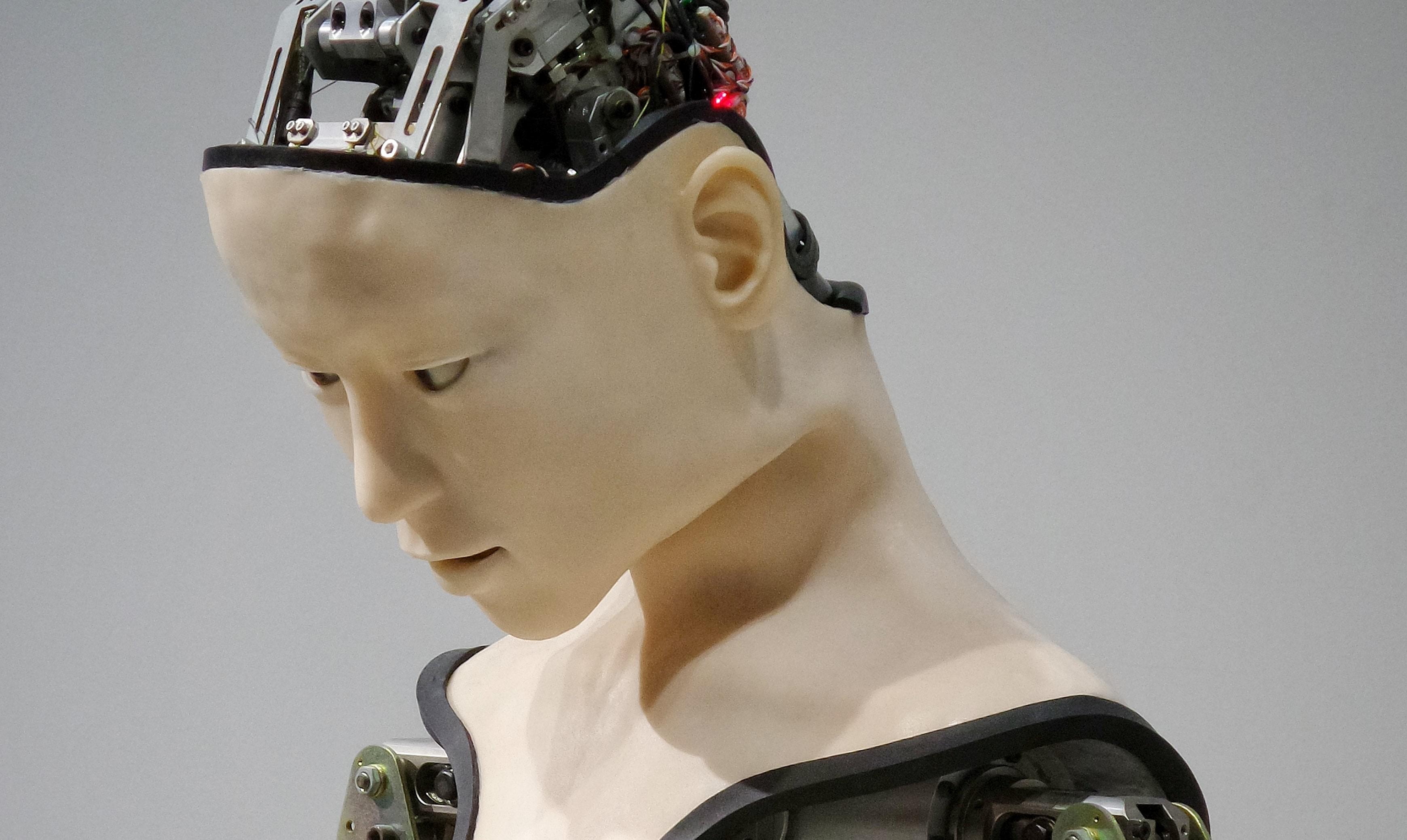Bill Gates: the Robot Taking Your Job Should Pay Taxes

The prospect of automation taking away human jobs is both alarming and an opportunity to reorient our civilization to new objectives. The worrying part is that a sizable number of jobs, both blue and white collar, might be gone soon – a number that some estimates put as high as 47% during the next 25 years.
How will we adjust to this transformation? How will the people without jobs survive? Some ideas, floated by people like Elon Musk, see the necessity of instituting a universal basic income. Another approach was just proposed by Bill Gates, one of the original tech superstars and prognosticators, who also happens to be the world’s richest man. In an interview with Quartz, Bill Gates explained his view that as robots will be taking human jobs, a “robot tax” will be necessary on the companies that employ them.
Gates sees this as a positive development, because the tax would fund jobs that do not receive enough focus and talent currently, including elderly care and working with kids. These types of jobs that require empathy are better left to the humans. The government would run such programs. Gates thinks business cannot be left to manage this because growing “inequity” due to automation can only be addressed via the government.
Here’s how Gates says that as a working human is taxed, so should the robot replacing the human –
“Right now, the human worker who does, say, $50,000 worth of work in a factory, that income is taxed and you get income tax, social security tax, all those things. If a robot comes in to do the same thing, you’d think that we’d tax the robot at a similar level,” explains Gates.
He thinks it an overall positive that automation will replace much of human labor, as it will free those people to do something else. What is necessary is training and education.
“So if you can take the labor that used to do the thing automation replaces, and financially and training-wise and fulfillment-wise have that person go off and do these other things, then you’re net ahead. But you can’t just give up that income tax, because that’s part of how you’ve been funding that level of human workers,” points out Gates.
Gates proposes that the time has come to start talking about these questions. Many jobs in retail, warehouse work, driving, service industry and others should be gone in the next 20 years. And, according to Gates, maybe we should also think about slowing down the pace of automation until we have a good plan going forward.
How would taxing automation work exactly? Gates sees it as a tax on profits from increased efficiency or a tax on robot companies.
“Some of it can come on the profits that are generated by the labor-saving efficiency there. Some of it can come directly in some type of robot tax. I don’t think the robot companies are going to be outraged that there might be a tax. It’s OK,” says Gates.
Overall, Gates stays enthusiastic about the future. But automation is a topic that demands immediate and continual attention. Not because we should be afraid of innovation, but because it’s a challenge we worked to create and need to meet.
“People should be figuring it out. It is really bad if people overall have more fear about what innovation is going to do than they have enthusiasm. That means they won’t shape it for the positive things it can do,” continues Gates.
To him, taxation is a better approach to innovation than stifling it.
Watch the whole video here:
Cover photo: Bill Gates, founder of the Bill and Melinda Gates Foundation, takes part in a discussion organised by British magazine The Economist about expected breakthroughs in the next 15 years in health, education, farming and banking on January, 22, 2015 in Brussels. (Photo credit: EMMANUEL DUNAND/AFP/Getty Images)





